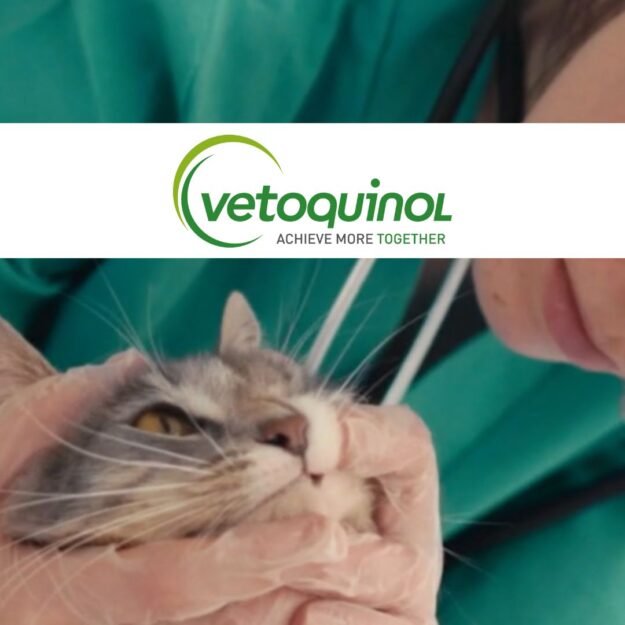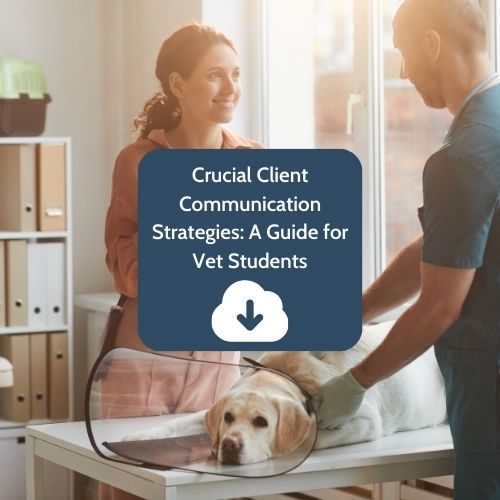What We Wish We Knew Before Graduating Tech School
If you’re a vet technician student getting ready to dive into the whirlwind of clinical practice, this video is one you don’t want to miss. In honor of National Veterinary Technician Week, and courtesy of BondVet, here is a practical guide full of insights every future vet technician should hear. Led by certified veterinary technician…










